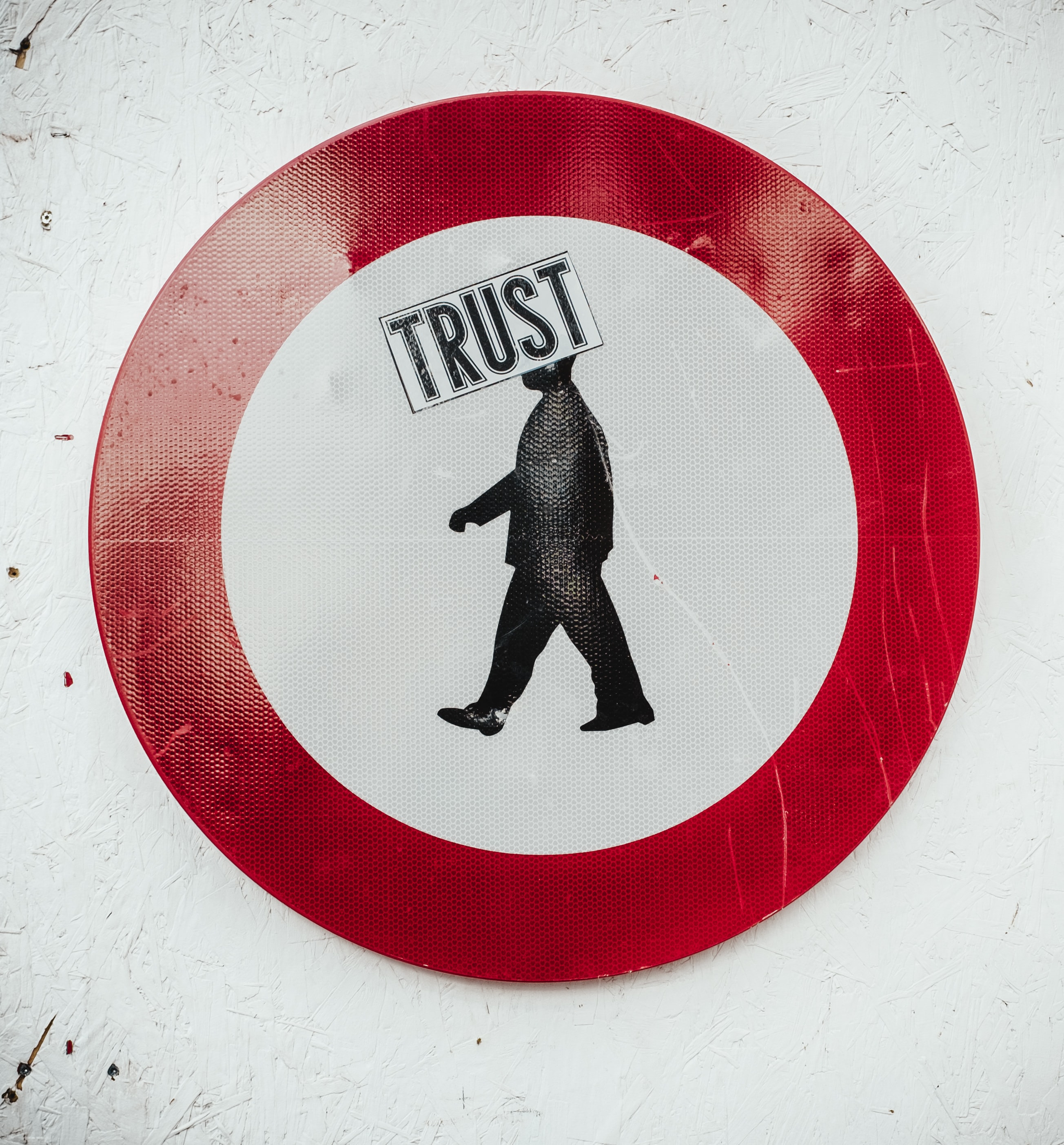Why do I work where I work?
In 2010, I worked in a company undergoing some changes. At the same time, I experienced a noticeable departure of colleagues. In this situation, a colleague shared this article from 2009, which describes the connection between small, seemingly terse changes, such as eliminating free soft drinks, and an increased willingness to change employers.
TL;DR: A change in the work environment spurs thought and reflection. This makes the changes since one joined the organization more apparent. This can then suddenly lead to momentous realizations.
Thus, changes in the organization can lead to changes in the colleagues. The greater the change, the greater the likelihood that people will reorient themselves – that’s not astounding, either. Why are colleagues in different positions in the company still surprised when something like this happens? How come that managers do not seem to see something like this coming? What is the reason that an organization acts in this way anyway?
Motivation and identification – Why I work where I work …

Of course, the connection between a company and an individual is very complex. Colleagues, friends, money, responsibilities, type of job, type of company, or procedure model in the company are some possible relevant dimensions based on which people decide to pursue employment with a company. In addition, one’s priorities play an essential role. Does a person mainly prioritize the direct surrounding and isn’t concerned about the big picture or the overall company culture? Does a company have to fulfill all its stated principles and values completely? Should the work be as simple and easy as possible? Should the company continually strive for excellence and offer its employees an environment of challenge? These examples show that motivation and identification are very individual. In the following, I would like to discuss possible connections between company changes and colleagues' willingness to change, mainly from my experience.
The complexity of human behavior is often underestimated. In the work environment, people quickly suggest that impulses should be considered “purely factual”; thus, emotions are judged to be “too complicated.” To understand this further, I pose the following hypothesis: People start working for a company because it offers them something unique. Consequently, a change that disrupts this uniqueness would be a substantial motivational killer.
The individuality of people does not make it easy to recognize what exactly excites each one of them about a company. Therefore, a company should not tend to generalize (“All employees work here because …”) or even ignore this aspect. All employees must do is talk about it openly, for example, with their managers or board members. In reality, the matter is much more complex. In my experience, trust, openness, and a psychologically safe environment are necessary. Only when these aspects are considered people start talking about such issues and an organization can respond to them. Establishing such an environment in one’s team may still be relatively easy. On an organizational level, this can only be done by working together across as many hierarchical levels as possible. But why can it be so difficult for us humans to talk about these aspects in the first place?
Examples: “What do I find unique about my employer?”

It is often challenging for people to talk about more private details on a more exposed and public stage. The self-disclosure involved means that we may not feel comfortable doing so. Below are some exaggerated examples:
| aspect | possible self-revelation message | possible concern |
|---|---|---|
| the company contributes* to society | I stand behind what the company does because I think it’s good | Will others turn away from me who think my company is bad? |
| the company has a unique* product | I think the product is great | What discussions do I have to endure with people who think another product is better? |
| the company provides me with a sense of safety as a person* | I can afford my standard of living | How do I deal with the envy of others? What if they judge me for it? |
| the company offers me interesting* work | I can do something that I think is good (or feel good about) | How do I explain myself to others who find this work useless? |
| the company offers me the opportunity to learn something new* | I have the chance to learn something that I did not know yet | What do I do when I don’t understand something basic or simple? How do I deal with the embarrassment I feel? |
| my values and principles match those of the company | I feel like I fit in with the company | What do I do when I discover that my values don’t fit after all? What do I do if I meet colleagues who do not share these values? Do I have to leave the company? |
The “*-words” will likely have individual situational meanings for each person. Without an agreed definition, the aspect of security, in particular, has exceptionally diverse implications for different people:
- regular salary payment
- job for the next five years
- same job for the next 12 months
- guarantee of my standard of living
- home office in a pandemic
- …
A little experiment
I like to invite you to a little thought experiment here. Imagine you work in an organization that is effective in a context that you consider positive. You are at an event surrounded by people working in this context. Then imagine you work in a context that is contrary to that, possibly even contradictory, but you go to the same event. Most likely, the two perspectives will feel different. Therefore, the context puts the aspects into perspective. The context gives a specific meaning. Some other examples:
- operating systems
- electric cars
- programming languages
- polarizing publishing houses
- politics
- banks
- …
That said, there is a chance to offend others when you are not sure about their perspectives in a specific context. Therefore, the environment, as well as one’s character/preferences, considerably influences the extent to which a person shares their own perspectives.
What to do?
Crucially, a change at work – even seemingly small – can have a massive impact on people’s lives, motivation, and especially identification. For example, suppose an organization restructures and is not aware of the effectiveness of its employees (contribution to the success of the company, commitment beyond the actual role). In that case, this can be enormously demotivating for individuals. In addition, the type of communication, people’s current context, current environment, and day-to-day events all play a role. This is what makes change so complex.

First, the culture of the company has an enormous impact. Culture encompasses everything observable and thus “alive” in the company. This means, for example, accepted behavior, interaction with one another, information flow, type of communication, or tone of voice. The people involved significantly influence what constitutes this togetherness in the company. That is why trust, openness, fault tolerance, and psychological safety cannot simply be installed or ordered. They can only come about if all those involved continuously implement them.
On the other hand, tools such as change frameworks or process models can help build or improve knowledge and skills. If a company is interested in why the people who work there really work there, a culture in which psychological safety exists is enormously valuable. Psychological safety is not a made-up word from New Work or Agile. It describes an environment where people feel safe expressing their opinions openly and offering constructive criticism. It starts with teams and their retrospectives and goes beyond areas up to the boardrooms of companies.
In addition, models such as Spiral Dynamics can be used to review impulses and procedures regarding effectiveness and interaction. A follow-up post on SCRUM in this regard: Why SCRUM doesn’t work in your organization – Roger Müller.
Fotoquellen
- Photo by Nicola Fioravanti on Unsplash
- Markus Winkler on Unsplash
- Photo by Antonio Janeski on Unsplash
- Photo by Bernard Hermant on Unsplash
